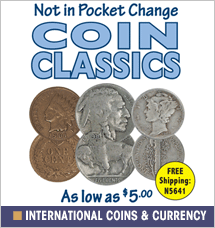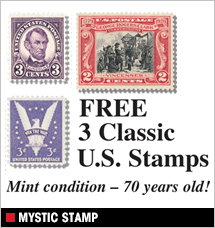
A recent study by the University of New Hampshire I read in my local newspaper caught my attention. It concerned what they described as the “important memories we keep.”
Researchers spoke to 34 members of an active retirement community between the ages of 59 and 92 and asked them to tell their stories in 30 minutes. A week later, the participants divided their life stories in “self-defined chapters.”
Although this was indeed a small sample, the researchers found a “significant bump” between the ages of 17 and 24. By the time most of these people turned 25, their most important memories occurred during this timeframe. Other studies found that when adults were asked to think about their lives and report memories, events occurring between the ages of 15 and 30 were the most represented. Apparently, during this time, positive and negative, expected and unexpected areas are recalled. This leads to the question: why don’t adults from the ages of 30 to 70 report more significant memories?
The study suggested that most people divide their life stories into chapters; a physical move, attending college, a first job, marriage, military experience, and having children. Hence, I decided to give this a try and set a timer for 30 minutes and started jotting down my life story but without any preconceived notions concerning timeframes or chapters. I found the results quite interesting.
During the first 10-15 minutes, what I considered my most significant memories were coming fast and furious. They fell in the range between 15 and, with respect to my age, 66. The remainder of the time allotted was more difficult and I had to think back and look for other memories that I considered significant. Once this exercise was completed, I went back and labeled each memory between either 15-30 or 30-66.
Once this was completed, I had what I considered 31 significant memories between the ages of 15-30 and 17 between the ages of 30-66. Rather than list them all, I’ll present a sample for each of the two ages “chapter.” For example, between 15-30, I considered the following significant: getting my driver’s license, the first girl is kissed, my first slow cheek-to-cheek dance, the first time I became “a man” (you know what I mean!), the first time I got drunk, then violently ill and swore I’d never drink again (that didn’t last long), meeting my future wife in college, entering the USMC and getting commissioned as a 2nd Lt., my experiences in Vietnam, and getting married upon my discharge from the service.
Now, the memories between years 30 and 66: joining the CIA, traveling the world, the day my wife of 33 years was diagnosed with terminal cancer, the day my wife passed away, the day my older brother died, fly fishing in New Zealand, visiting famous and exotic locations such as the Eiffel Tower in Paris, the Parthenon in Athens, Mt. Everest, the Coliseum in Rome, and of course the tragedies of 9/11!
The researchers in this particular exercise indicate that by looking at life narratives they may be able to predict levels of well-being and psychological adjustment in adults. Hence, clinical therapists may be able to help people work through issues in their lives by helping them see patterns.
I’m no expert and this may indeed be the case but the patterns I saw were rather obvious. My memorable experiences between age 15-30 stood out as the result of being out on my own and the decisions made were new and exciting and made lasting impressions. Good or bad (and most were good), I had to take full responsibility. Most of my significant memories after 30 were more routine actions resulting from increased maturity and some of these memories, although very significant, were not pleasant as you can see from my list.
All in all, this was a rather fun exercise and I encourage people to give it a shot. I think you’ll be surprised as what stands out in your life story. I also suspect, that your most important memories will surface within the first 10 to 15 minutes then, as was my experience, you’ll have to dig a little deeper. In any event, you’ll most likely recall things you haven’t thought about in years. Hopefully, most will be pleasant.




























































